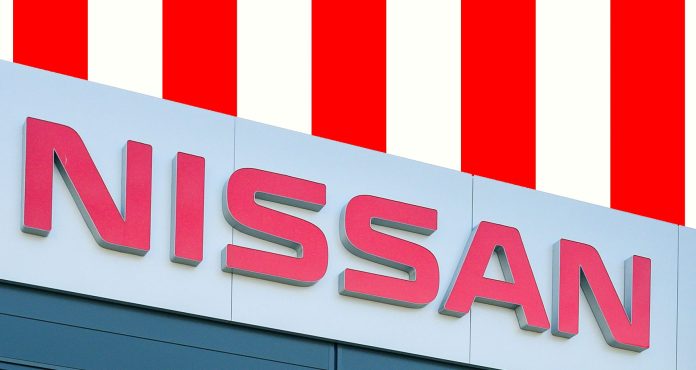The city of Sunderland in the northeast of England is bidding to be the “UK’s most advanced smart city” following an agreement between the city council and UK-based telecoms system integrator BAI Communications to build a new “5G centric network” to accelerate adoption of digital services for sectors including manufacturing and logistics, education, and social care.
BAI has been handed a 20-year contract to design, build, and operate “next-generation digital infrastructure” in the city, including a private 5G network using small-cell architecture. The city council wants Sunderland to be known as a “global smart city”, having won the UK smart city and digital council awards at the Connected Britain event last month.
The first phase will see a backbone 5G network based on a neutral host model established by next summer (2022). The new coverage will provide a platform for business growth and innovation, supporting the government’s ‘levelling up’ agenda, it said, by bringing social and economic benefits to residents and businesses and visitors. The city reckons the rollout will create 100 jobs.
Crucially, the new cellular infrastructure will enable Sunderland to scale new smart-city cases. A statement from the pair highlighted work to stimulate the manufacturing, logistics, education, and social care sectors. On the Industry 4.0 front, the network will offer a new facility for car maker Nissan, which has a manufacturing plant in the city.
A statement suggested “increasing supply chain agility through further development of self-driving vehicle trials, which includes the use of autonomous heavy goods vehicles for transfer of goods”. It listed the transfer of goods in the Nissan supply chain, specifically.
On the education front, it cited online and remote learning across Sunderland’s schools; on social care, it said the “greater reach and capacity” of 5G will expand existing deployments of assistive technologies for vulnerable people. “These technologies utilise sensors in the homes of vulnerable people to support independent living,” it said.
Patrick Melia, chief executive at the city council, said: “This is an incredibly significant milestone in the development and future of Sunderland Our Smart City. We are very much looking forward to our 20-year strategic partnership with BAI, as its team helps us realise our ambitions and make our goals a reality. We are confident the benefits of this partnership will reach every resident, organisation and business within our city and indeed the wider area.”
Billy D’Arcy, chief executive at BAI, said: “We will leverage the power of 5G and IoT to establish a network of connectivity which will enhance employment opportunities, business efficiency and growth, helping to secure its prosperous future. Our credentials delivering large-scale connected infrastructure and networking solutions position us perfectly to capitalise on the fast-growing commercial appeal of 5G enterprise solutions and smart city applications.”
BAI recently won a deal with Transport for London to deploy 4G and 5G connectivity in London. It has run similar projects in New York, Toronto. and Hong Kong. The Sunderland project is supported by the North East Local Enterprise Partnership and the government’s Getting Building Fund.

